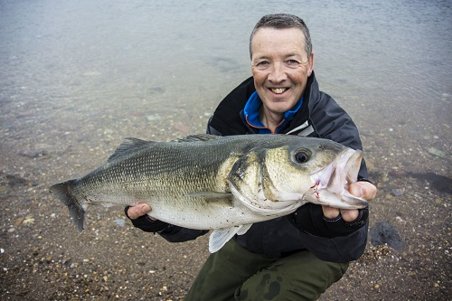
Campaigns
Bringing Back Bigger Bass – Angling Trust, Bass Anglers Sportfishing Society and Save Our Seabass Participate in Bass FMP Co-Design Workshops
Representatives from the Angling Trust, Bass Anglers Sportfishing Society and Save Our Seabass have participated in the next phase of stakeholder analysis for the upcoming bass fishery management.
As part of developing the bass fishery management plan, Defra has commissioned Policy Lab to conduct stakeholder analysis and engagement. Over the past two weeks, the latest stage of the stakeholder engagement process took place – the co-design workshops – which saw a series of in-person and online workshops discussing potential priorities for the bass fishery management plan with the ambition of reaching consensus for a variety of possible management solutions. Attendees were identified using a random computer generator.
The bass fishery management plan is one of the first to be developed – a so-called “frontrunner”. Bass is an important species to many recreational sea anglers, and bass angling is a valuable part of the social and economic contribution that sea angling makes to coastal communities. With bass stocks still recovering, the government must seize this opportunity to develop an ambitious bass fishery management plan that maximises socio-economic benefits whilst securing the stock’s health for future generations.
Our key asks for the bass fishery management plan are:
- Maximising the long-term societal benefits to coastal communities
- Improving and protecting the bass stock
- Adopting a large stock strategy to deliver “more and bigger bass”
- Implementing effective laws and enforcement
- Protecting juvenile bass (25% of all commercial bass catches in 2021)
- Minimising bass bycatch
- Prohibiting the netting of shoaling bass
- Preventing overfishing of the stock
- Delivering healthy habitats
- Facilitating more jobs, revenue and well-being – getting the best “bang per buck” from bass catches
- Filling the science and data gaps
The next stage of the Policy Lab process is the co-refine workshops to be held in November before the findings from Policy Lab’s stakeholder analysis are handed over to Defra in December. The stakeholder analysis will assist Defra in writing the bass fishery management plan in early 2023. It is important to note that Policy Lab are not responsible for writing the bass fishery management plan, with their role in the process being to formulate a list of recommendations on behalf of stakeholders. Defra have assured stakeholders that the co-design philosophy will extend to the drafting of the bass fishery management plan, with input and feedback being sought from stakeholders.
Hannah Rudd, Policy & Advocacy Manager of the Angling Trust, said “Bass is an important species to many anglers, and with their voices behind heard in the development of fishery management plans for the first time, it has been fantastic to see so many engaged in the process. Collaboration and communication are vital to this process’s success, and trust, transparency, and clarity underpin their success. We want to thank Policy Lab for their time and dedication throughout the process so far. There is still a long way to go until we see the first draft of the UKs bass fishery management plan, but we are dedicated to ensuring it delivers for bass, anglers, and the wider coastal community.”
Steve Pitts, Chairman of the Bass Anglers Sportfishing Society, said “The feedback from sea anglers who have participated in these bass FMP workshops has been quite encouraging, with many reporting that there has been broad agreement between scientists, enforcement agencies, commercial and recreational fishers on many of the subjects discussed.
However; the scenarios presented at the workshops have been arrived at after consensus was already established, during the previous online debate phase. The more contentious issues, such as prioritising access to the bass fishery according to economic benefits and increasing the minimum conservation reference size, to ensure more bass are allowed to spawn, remain unanswered.
We have seen our conservation and economic proposals sidelined in the past, but this time around, there will be no second chance for bass if the Government chooses to ignore the science and our common sense proposals.”
You might also like
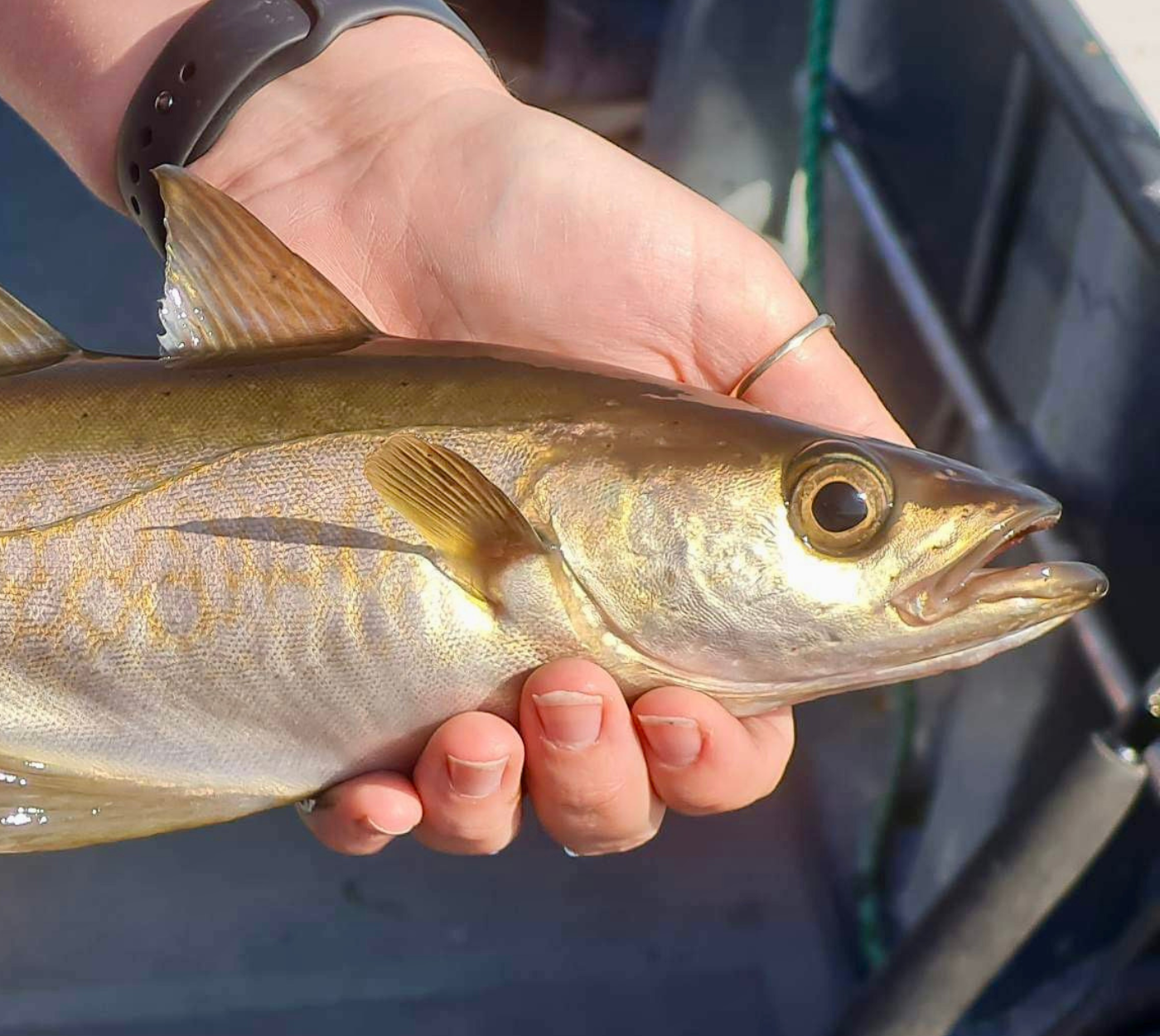
Minister’s Visit Highlights Collaborative Action on Pollack Conservation

Angling Trust calls for radical reforms to end sewage…
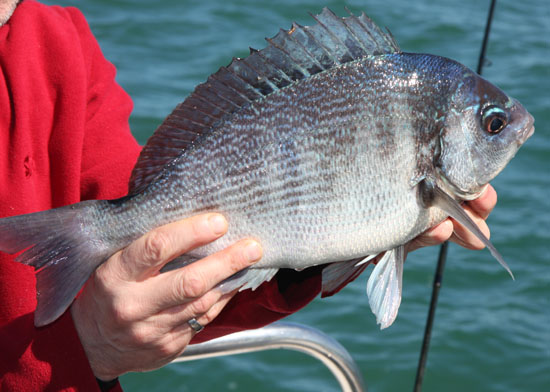
Have Your Say: Shape the Future of Black Bream…
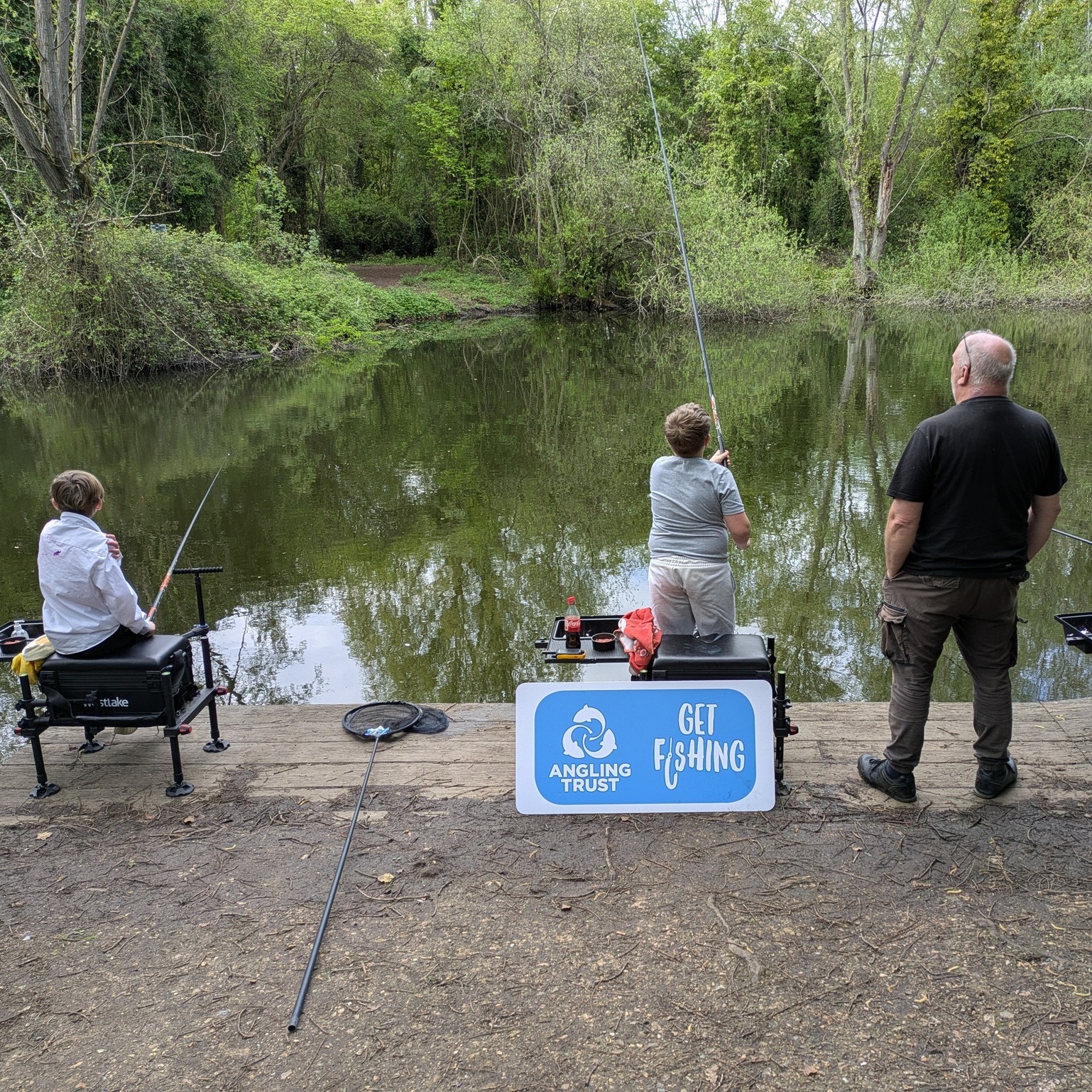
NEW BLOG: Get Fishing Award event for North Cambridge…

Angling Improvement Fund Opens for Nets, Mats & Slings
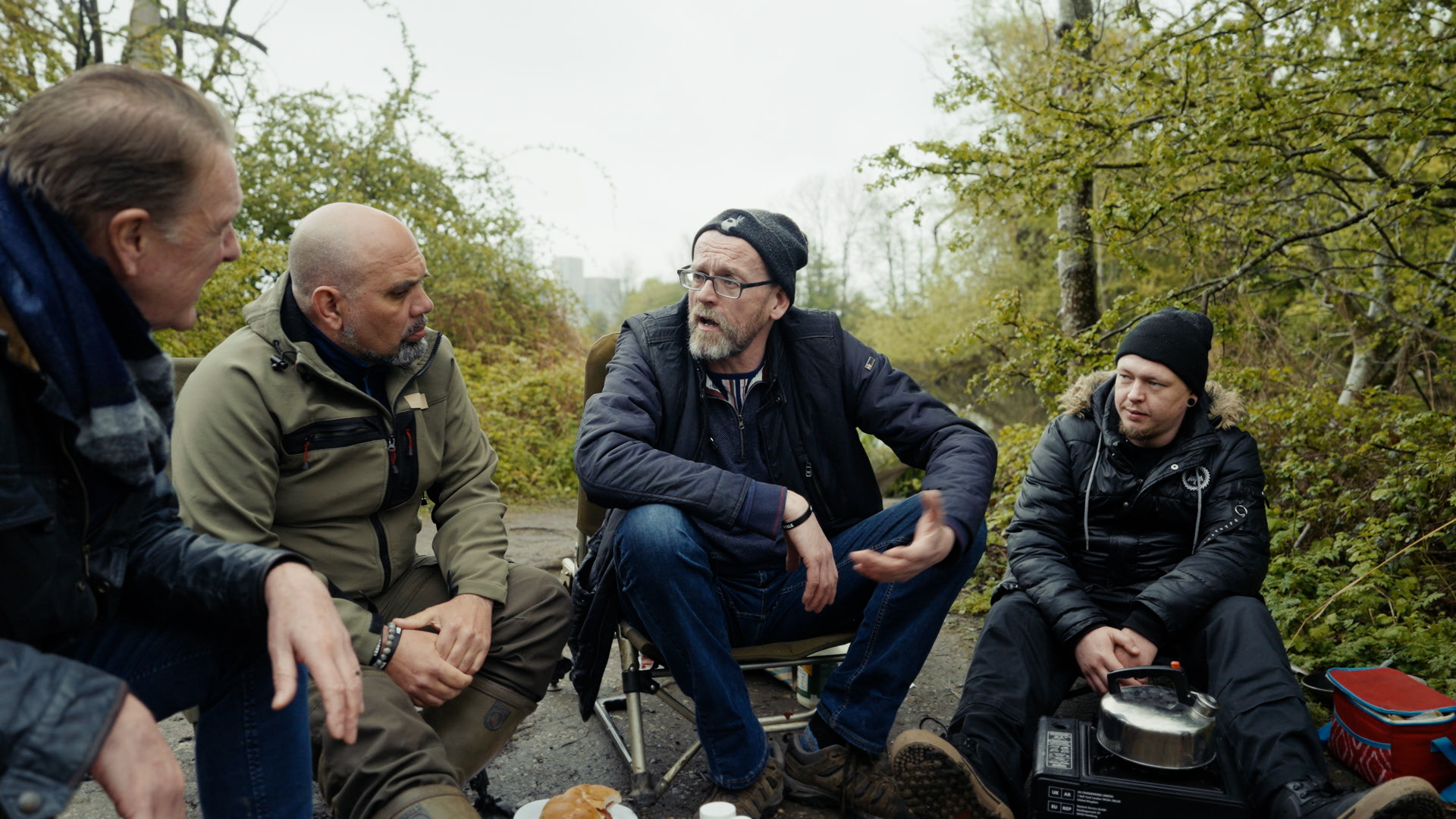
Mental Health Awareness Week is a time for angling…
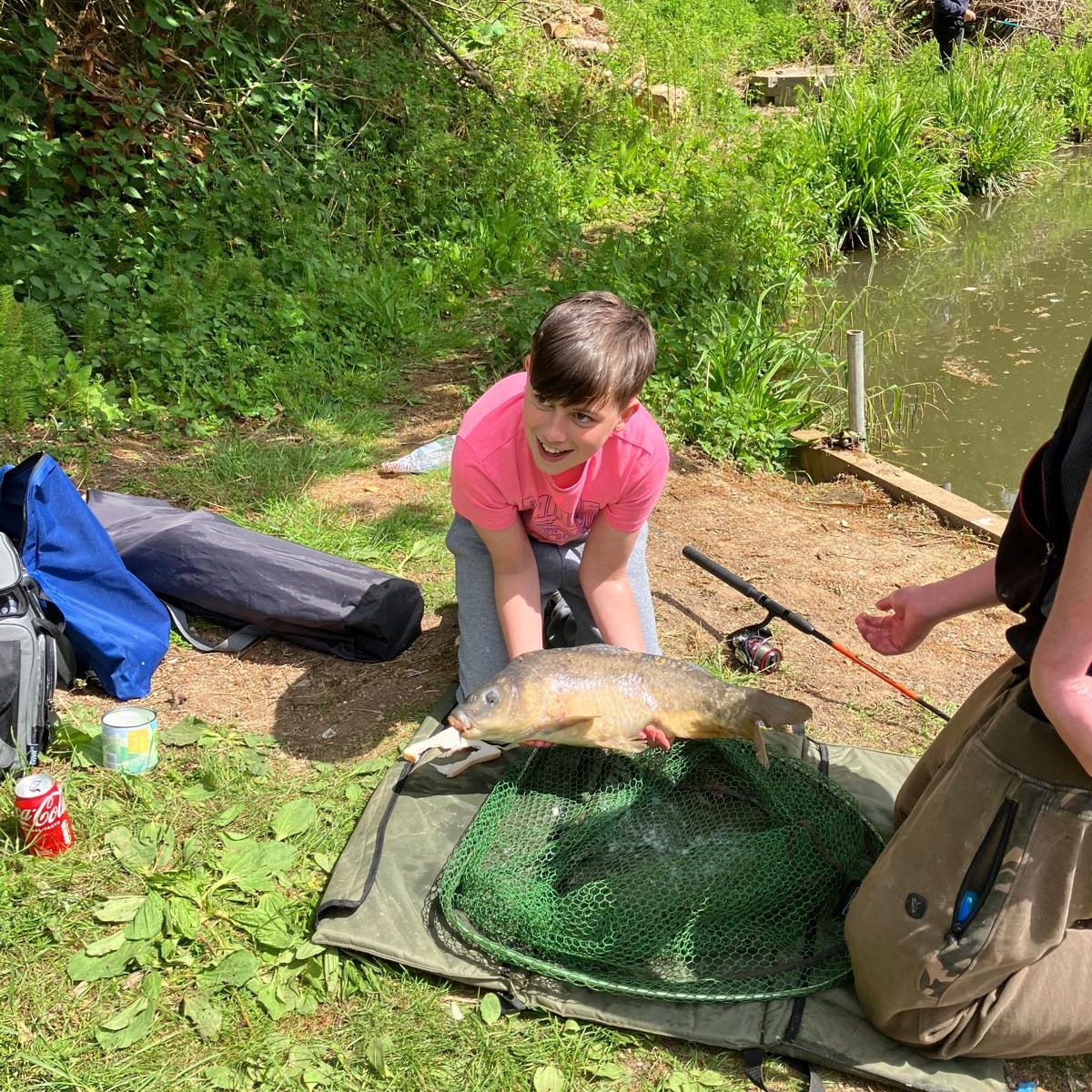
Want to learn how to fish? Get Fishing Awards…
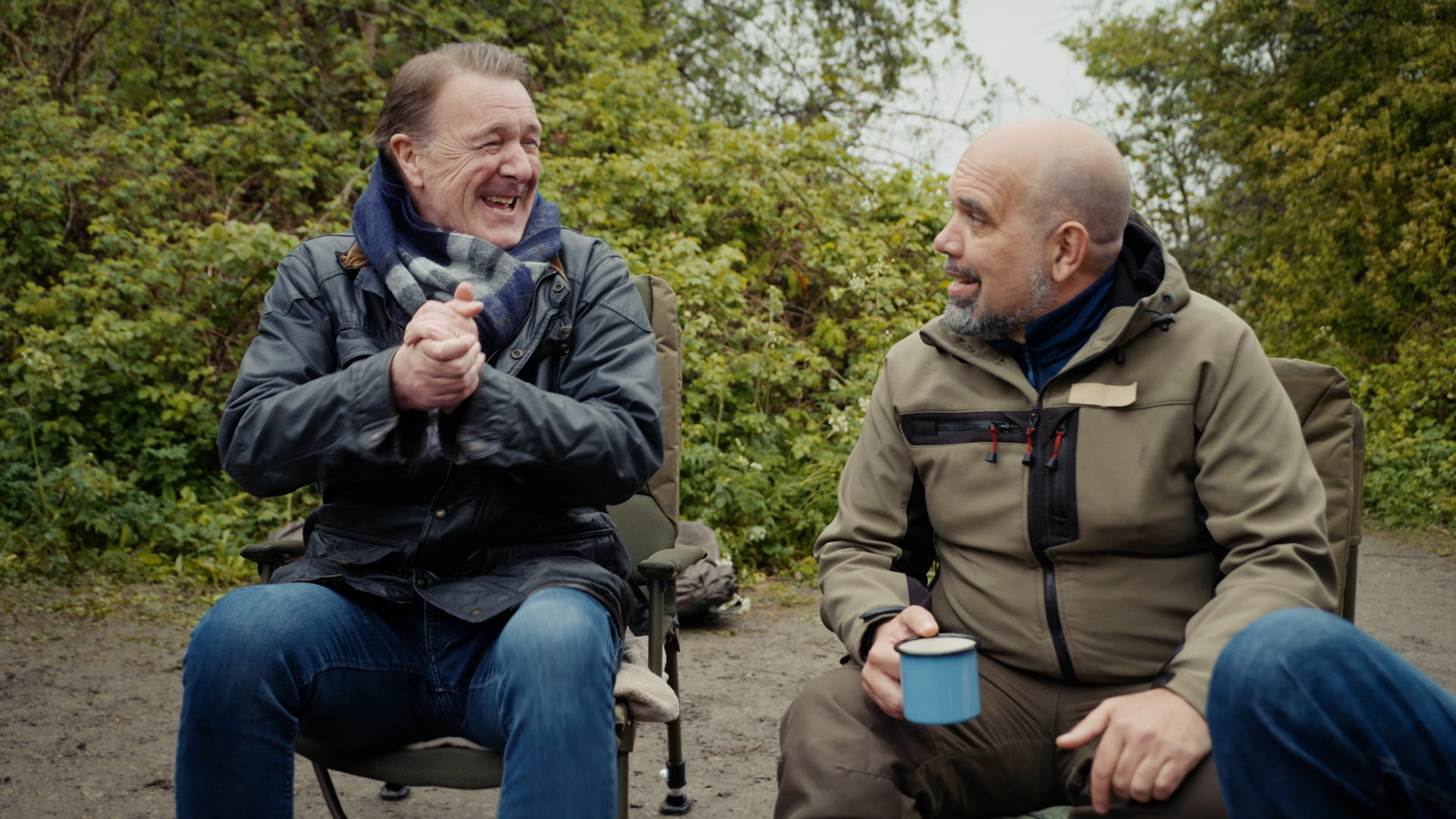
Tuffers bowled over by the benefits of angling and…
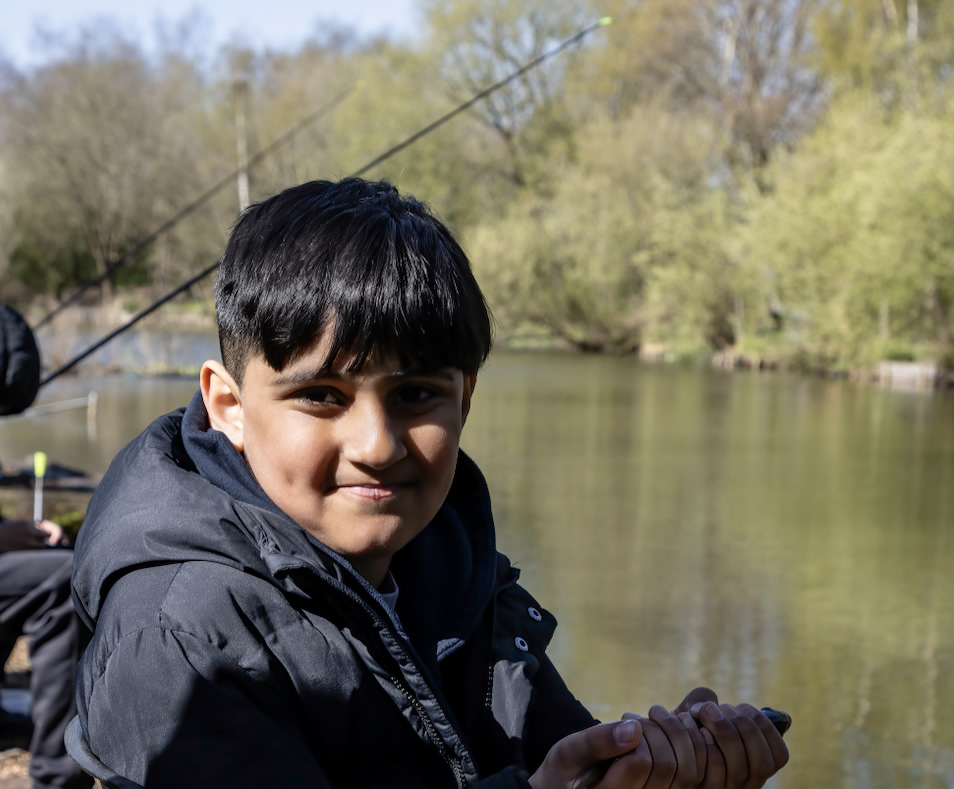
Young nature warriors reel in success with Get Fishing…
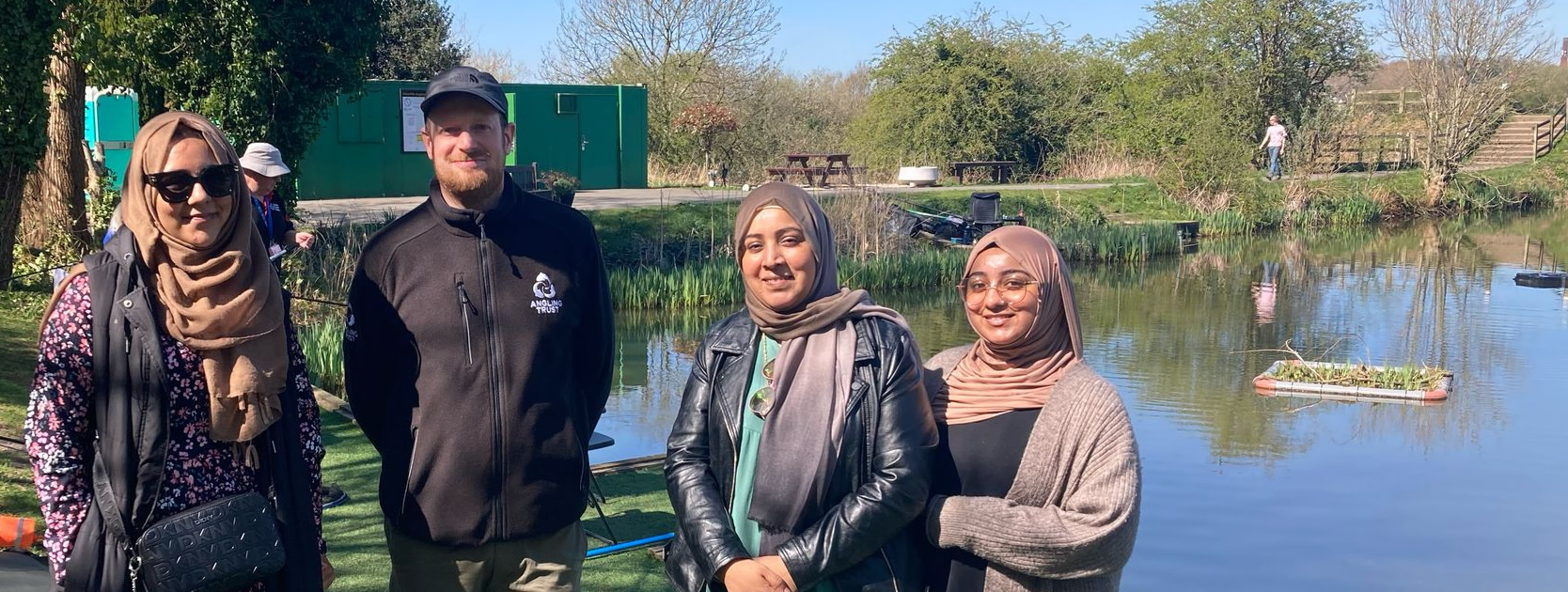
Bury women’s community group gives fishing a go
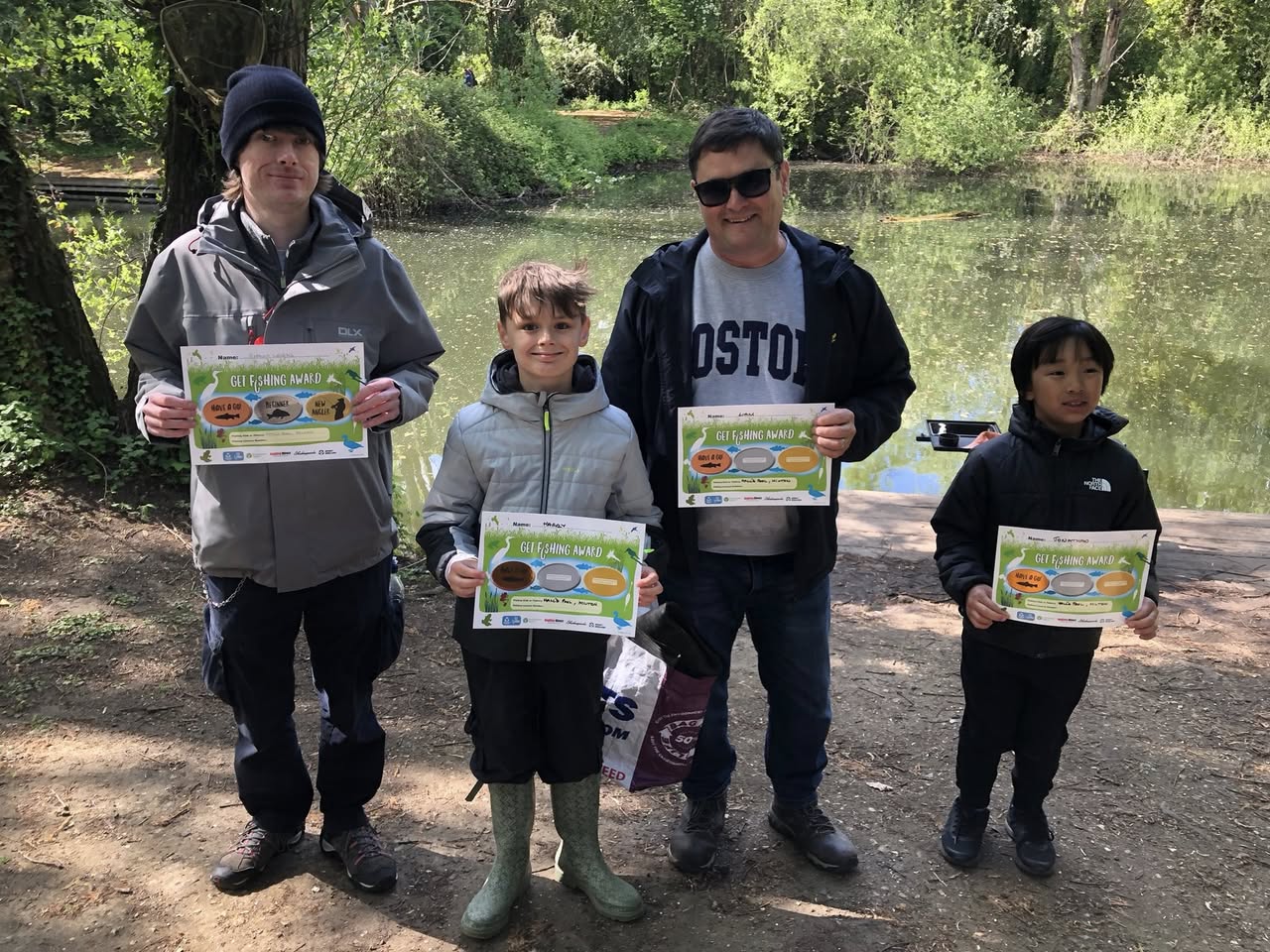
NEW BLOG: Get Fishing Awards get people into fishing…
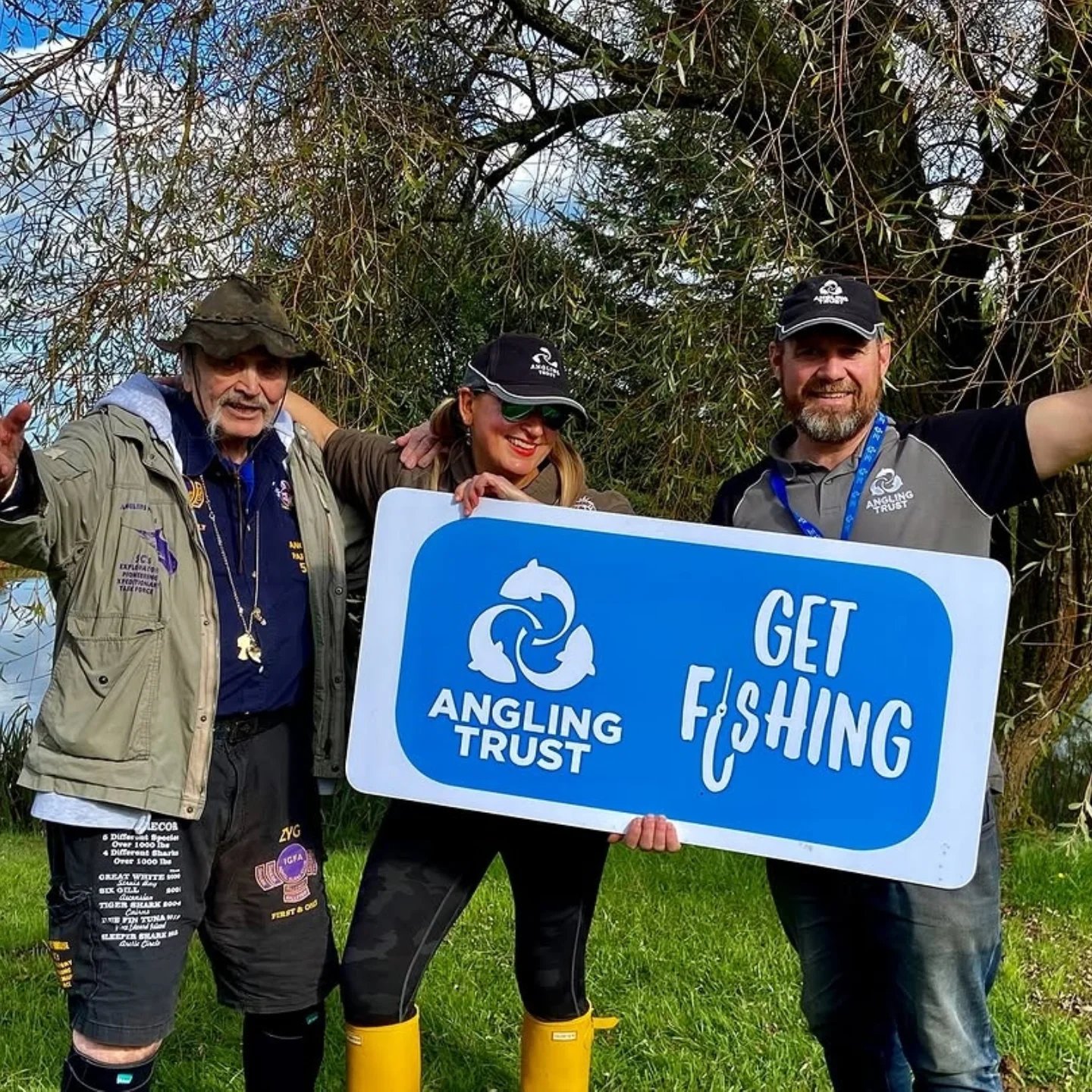
A brilliant Angling Trust Get Fishing Gathering event at…

Minister’s Visit Highlights Collaborative Action on Pollack Conservation

Angling Trust calls for radical reforms to end sewage…

Have Your Say: Shape the Future of Black Bream…

NEW BLOG: Get Fishing Award event for North Cambridge…

Angling Improvement Fund Opens for Nets, Mats & Slings

Mental Health Awareness Week is a time for angling…

Want to learn how to fish? Get Fishing Awards…

Tuffers bowled over by the benefits of angling and…

Young nature warriors reel in success with Get Fishing…

Bury women’s community group gives fishing a go

NEW BLOG: Get Fishing Awards get people into fishing…

A brilliant Angling Trust Get Fishing Gathering event at…

Minister’s Visit Highlights Collaborative Action on Pollack Conservation

Angling Trust calls for radical reforms to end sewage…

Have Your Say: Shape the Future of Black Bream…

NEW BLOG: Get Fishing Award event for North Cambridge…

Angling Improvement Fund Opens for Nets, Mats & Slings

Mental Health Awareness Week is a time for angling…

Want to learn how to fish? Get Fishing Awards…

Tuffers bowled over by the benefits of angling and…

Young nature warriors reel in success with Get Fishing…

Bury women’s community group gives fishing a go

NEW BLOG: Get Fishing Awards get people into fishing…









